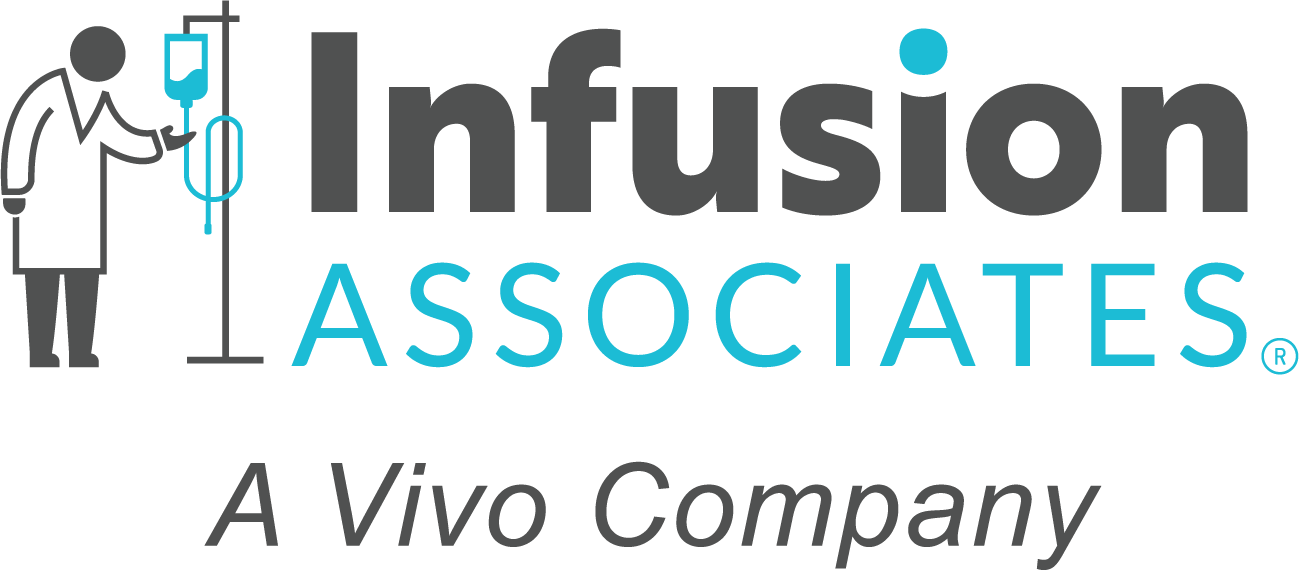Breathing is one of those things often taken for granted — until you feel yourself struggling to get air. While most Americans can breathe normally, about 26 million have asthma. Of those, 5-10% have severe asthma. Inhalers and other alternatives may not be enough to reverse the effects, but biological treatment can help reduce flareups.
What is severe asthma?
Asthma is categorized by how well the condition responds to treatment. That means severe asthma is resistant to treatments and is persistent throughout the day. If you have severe asthma, you may also wake up multiple times during the night, being significantly limited in your regular activities, and have an FEV 1 measurement of less than 60% of usual. Severe asthma may cause:
- Difficulty breathing
- Coughing
- Wheezing
- Pain in the chest
- Shortness of breath
- Chest tightness
- Asthma attacks
Treatment Options for Severe Asthma
If you or a loved one have severe asthma, the first step is to modify your lifestyle. Limit exposure to allergens when possible, work with your doctor to develop a weight loss plan if you’re obese, avoid known triggers, and quit smoking and avoid secondhand smoke when possible. While these lifestyle changes can significantly help reduce flareups, you will likely need large dosages of medications to help manage your asthma. Common medications include:
- Corticosteroid injections
- Higher doses of inhaled corticosteroids
- Increased use of inhaled corticosteroids
- Continuous inhaled nebulizer
- Ipratropium bromide aerosols
- Long-acting beta-agonists (LABAs)
- Montelukast
- Theophylline
- Oral corticosteroids
In some cases, medications aren’t effective enough, or they come with life-threatening side effects. Biologics can be used to treat severe asthma. They’re a newer case of disease-modifying antirheumatic drugs that are capable of relieving symptoms — especially for cases of severe asthma. They’re a different kind of medication that can be extremely effective when used intravenously.
What is biological treatment?
Biological therapy is administered using an IV or via an injection. Because it’s not taken orally, biologics can provide relief sooner. Biological therapy treatment targets the parts of the lungs that are triggering inflammation and causing damages. The most common biologic agents for severe asthma are:
- XOLAIR® (omalizumab)
- NUCALA (mepolizumab)
- CINQAIR® (reslizumab)
- FASENRA® (benralizumab)
- DUPIXENT® (dupilumab)
How Biological Treatment Works
Biologic infusion therapy treatment is the administration of the medication in an IV that is placed in your arm. Injectable biologic therapy is where the medication is administered as an injection in the arm or abdomen. Your treatment time varies depending on the medication you’ve been given.
Side Effects of Biological Therapy Treatment
- Fever
- Chills
- Nausea
- Vomiting
- Fatigue
- Loss of appetite
- Muscle aches
- Low blood pressure
- Risk of infection
What to Expect
As soon as you walk through the doors of any of our facilities, you’ll immediately notice that we offer a welcoming and comfortable environment. We provide treatment rooms that are designed to make you feel at home — cozy reclining chairs, blankets, WiFi, hot cocoa, coffee, tea, and water. You are also welcome to bring your refreshments of choice.
Before starting your first biological therapy session, you’ll meet with one of our healthcare professionals, who will explain the entire process, along with information regarding dosages, length of treatment, and possible side effects. You can also take this time to ask any questions you may have.
If you would like to refer a patient to us or want to inquire about the treatments we offer, you can contact us by calling us at (616) 954-0600 or filling out this form.
